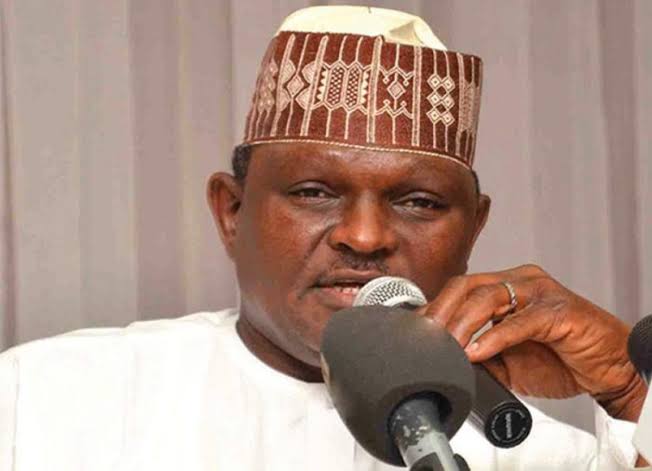Maj. Hamza Al-Mustapha ,Retd, has emphasised the importance of promptness in addressing pressing issues affecting Nigeria.
He made this known while
speaking at the Sir Ahmadu Bello, the Sardauna of Sokoto Remembrance Day event held at the Arewa House, yesterday in Kaduna,
He highlighted the need for Nigerians to reflect on the nation’s potential, describing it as a ‘blessed but disorganised land’.
He revisited historical events, particularly the 1963 disagreement over the emergence of petroleum in Nigeria.
According to Al-Mustapha, the late Sardauna of Sokoto’s insistence on refining oil within Nigeria was a significant factor in his persecution.
He described Sardauna’s stance as a bold effort to ensure Nigeria’s economic independence, a vision that remains unfulfilled.
Al-Mustapha lamented the state of the Northern region, describing it as being left in a state of neglect following the loss of its leaders.
He stated that the current situation in the North runs counter to Sardauna’s legacy, urging Northerners to unite in reclaiming the region’s lost glory.
To restore the Northern region’s honour, security, education, and economy, Al-Mustapha called for respect for traditional leaders and the revival of Sardauna’s values like fearlessness, courage, authenticity, and teamwork.
He underscored the importance of fostering unity to bring back the prosperity and dignity of Nigeria and the North.
He said that the call was a reminder of the need for collective action in rebuilding a nation true to the ideals of its founding leaders.
Earlier in his opening remarks ,the National President of the Rebuild Arewa Initiative for Development ,RAID, Mallam Balarabe Rufai, has urged Northern leaders to embrace the visionary leadership of the late Sardauna.
He urged them to regard it as a blueprint for sustainable development in the region.
Rufai highlighted the exemplary leadership of the Sardauna, whose legacy focused on education, agricultural growth, and infrastructure development.
He lamented the neglect of these ideals, which had left the North grappling with poverty, insecurity, poor education, and inadequate infrastructure.
Rufai criticised the current leadership trends, citing a shift from service-oriented governance to a focus on personal power and wealth accumulation.





